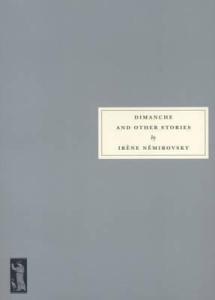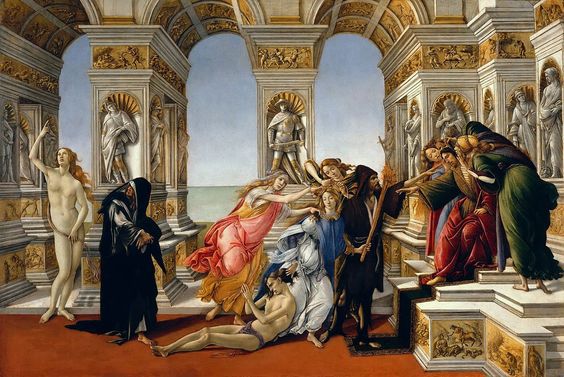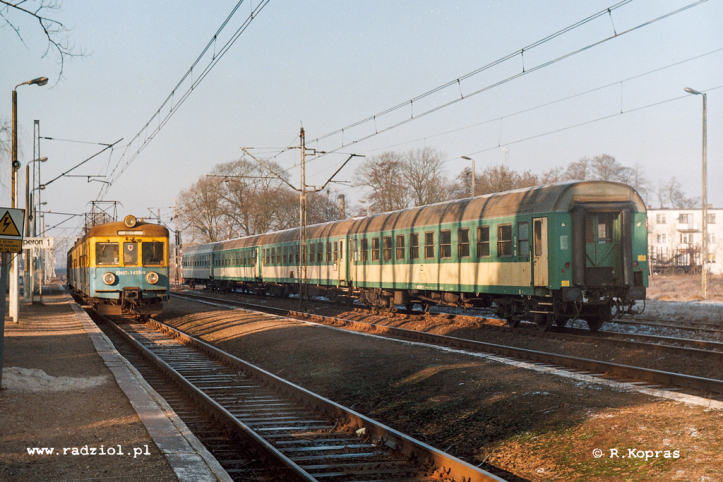
The Onlooker is the story of a prosperous gentleman fleeing Paris in advance of the German soldiers during WWII. The gentleman in question is Hugo Grayer. Hugo was born in the United States to a Scandinavian father and an Italian mother. But Hugo had become a citizen of Uruguay where he possessed a considerable fortune. Becuase of Hugo’s multiple ties to different countries, he believed that no country could lay claim to him. So at the beginning of the war when we first find him, Hugo is at a restaurant enjoying “tender flesh of the fish and the delicate white sauce” paired with 1924 Chateau Ausone; a rare wine without a care in the world.
Being from a country that is on another continent, Hugo is seduced by the idea that he is untouchable by dangers the war would bring. So with his false sense of security, he travels around Paris thinking how drawn he is to threatened cities, be it Paris, London, or Rome. Standing in front of Norte Dame, he goes as far as to muse “The fate of those old stones affects me more than that of human beings.” So it is ironical to see his reaction when the “neutral” ship he was traveling in on his passage back gets torpedoed.
We may not be bad as Hugo. But in reality, when a disaster strikes in a faraway place, in most cases we might get upset over it for a day. Some of us would send whatever relief we can, but mostly after that, we would go about our daily business. I wish we can be better, but I think we all have limitations. We’ll never feel what the victims go through unless we experience it firsthand ourselves, and Némirovsky’s poignant story highlights just that.
Advertisements Share this:




